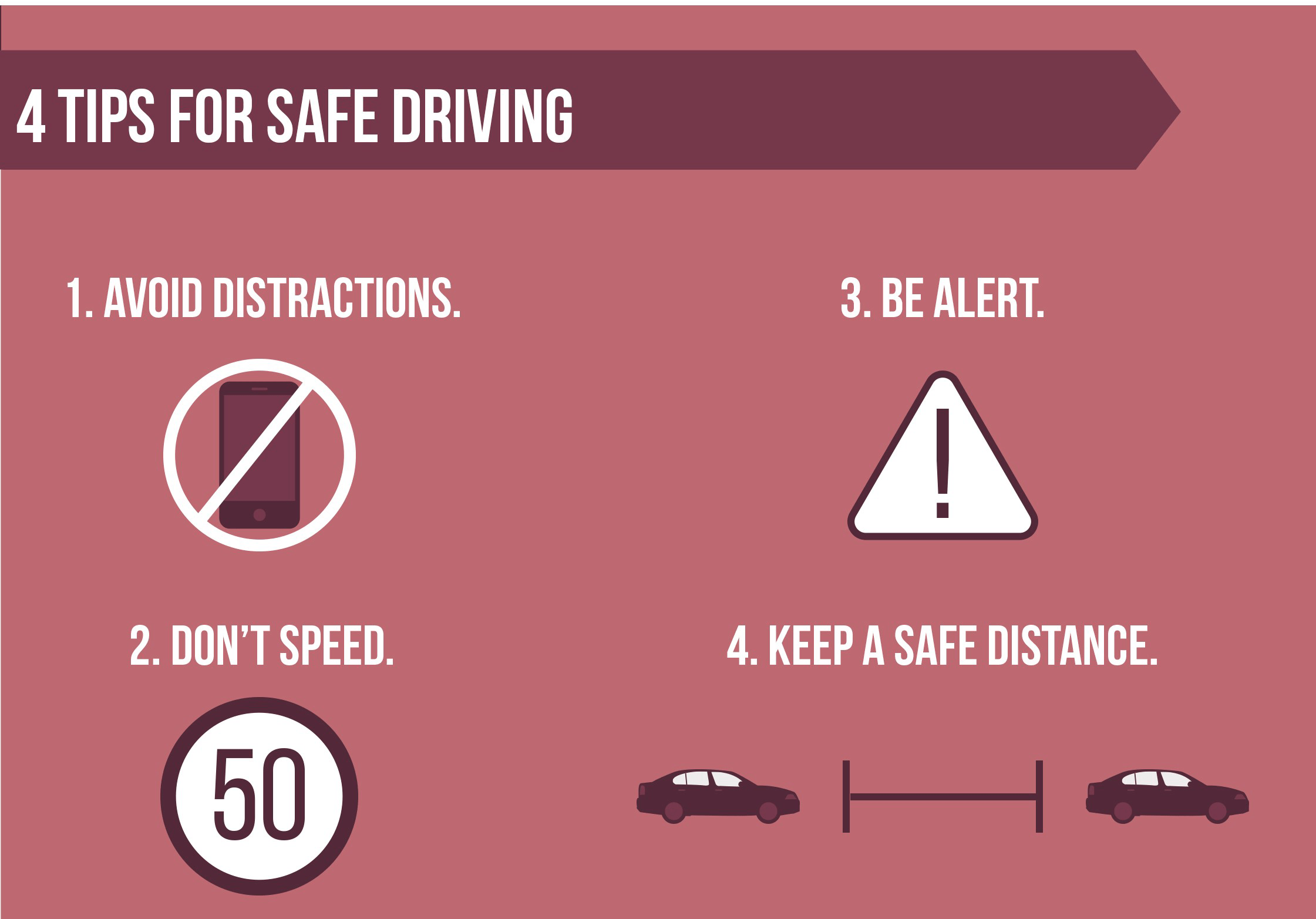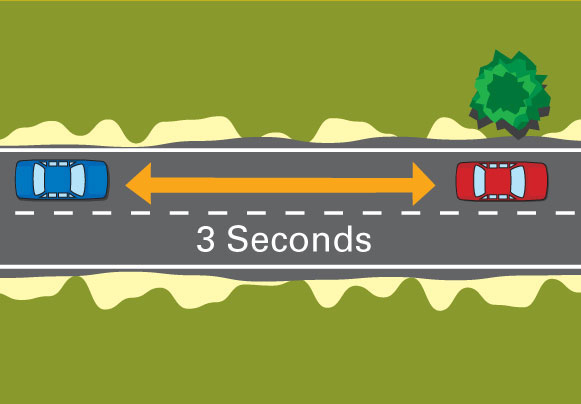Mastering Defensive Driving: Top Tips for Road Safety
Whether you've been injured in an accident, are dealing with a personal injury claim, or facing another legal issue, Mendez & Sanchez APC is here to fight for you. Contact us today for a free, no-obligation consultation.
Call Us Now
Driving on the road is one of the most dangerous things people do every day. According to the World Health Organization (WHO), road traffic injuries are the leading cause of death among young people aged 5-29 worldwide. Defensive driving is a set of skills that can help drivers avoid accidents and stay safe on the road. In this article, we will discuss top tips for mastering defensive driving and staying safe on the road.
What is Defensive Driving?
Defensive driving is a set of driving techniques that helps drivers anticipate potential hazards and react to them in a safe and controlled manner. Defensive driving involves paying attention to the road, being aware of other drivers and their behavior, and adjusting driving habits to reduce the risk of accidents. It also involves being prepared for unexpected situations and reacting quickly to avoid collisions.

Top Tips for Mastering Defensive Driving
Here are some top tips for mastering defensive driving:
1. Stay Focused and Alert
One of the most important tips for defensive driving is to stay focused and alert while driving. Avoid distractions such as using your phone, eating, or grooming while driving. Keep your eyes on the road and pay attention to other drivers and the environment around you.
2. Scan the Road Ahead
Another key tip for defensive driving is to scan the road ahead and be aware of potential hazards. Look for road signs, traffic lights, and other vehicles, and anticipate what other drivers might do. Be prepared to react to unexpected situations, such as sudden stops or swerves.
3. Maintain a Safe Following Distance
Maintaining a safe following distance is essential for defensive driving. Keep a distance of at least two seconds between your vehicle and the vehicle in front of you. Increase this distance in adverse weather conditions or when driving at high speeds.

4. Stay Within the Speed Limit
Excessive speed is a major contributor to accidents. Stay within the speed limit and adjust your speed to the road conditions. Slow down in adverse weather or road conditions and when approaching intersections or pedestrian crossings.
5. Use Turn Signals and Headlights
Using turn signals and headlights is essential for defensive driving. Use turn signals to indicate your intention to change lanes or turn, and use headlights to improve visibility in low light conditions.
6. Avoid Aggressive Driving
Aggressive driving, such as tailgating, weaving in and out of traffic, and honking, is a major contributor to accidents. Avoid aggressive driving and remain calm and patient on the road.
7. Be Prepared for Emergencies
Be prepared for emergencies by carrying a first aid kit, a spare tire, and a toolkit in your vehicle. Learn basic car maintenance skills, such as changing a tire or jump-starting a battery.
8. Know Your Vehicle's Limitations
Know your vehicle's limitations and adjust your driving accordingly. Be aware of your vehicle's braking and acceleration capabilities, and adjust your speed and driving style accordingly.
9. Wear Your Seatbelt
Wearing your seatbelt is essential for your safety on the road. Make sure that all passengers in your vehicle wear their seatbelts as well.
10. Avoid Driving Under the Influence
Driving under the influence of drugs or alcohol is a major contributor to accidents. Avoid driving under the influence and make sure that you are sober before getting behind the wheel.
These FAQs provide valuable insights into common concerns about defensive driving and road safety. By following the tips outlined in this article and staying informed about best practices, you can enhance your defensive driving skills and ensure a safer experience on the road.
Conclusion
Mastering defensive driving is an essential skill for all motorists. By adopting a proactive approach, staying focused, and following the tips outlined in this guide, you can significantly reduce the risk of accidents and promote road safety. Remember, defensive driving is not just about protecting yourself but also about ensuring the well-being of others on the road. So, embrace these top tips, stay vigilant, and make a commitment to be a responsible and skilled driver.


